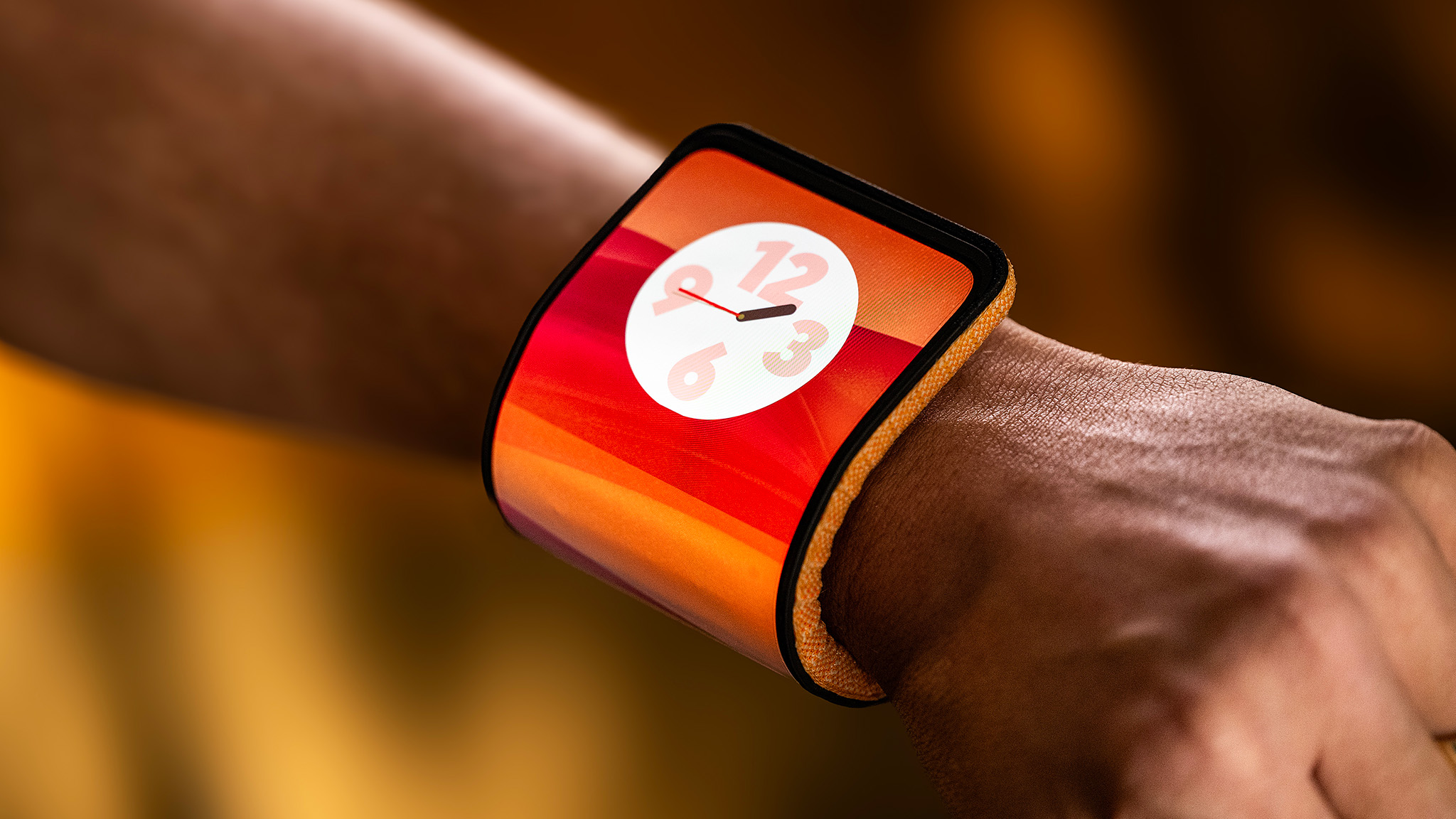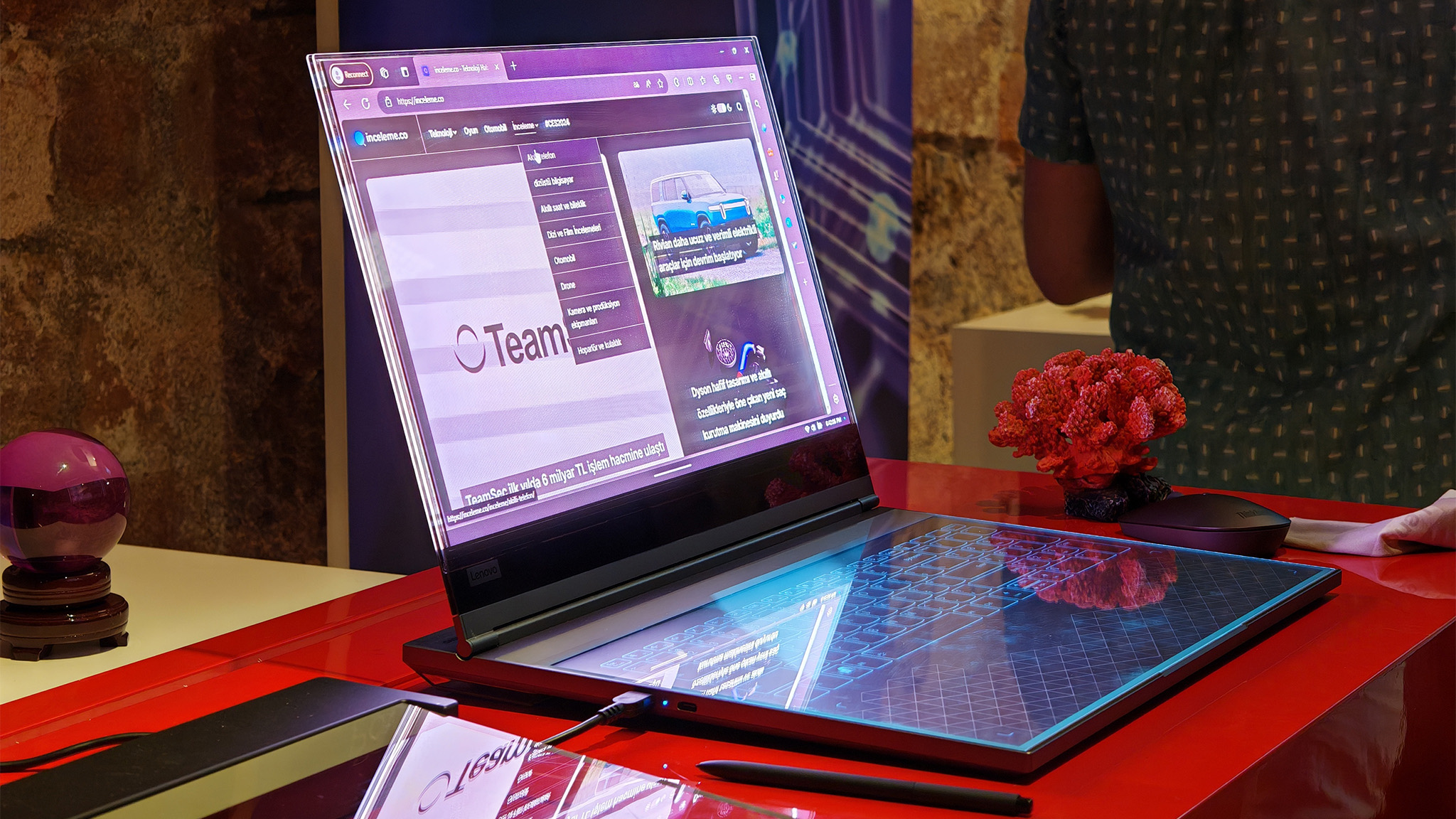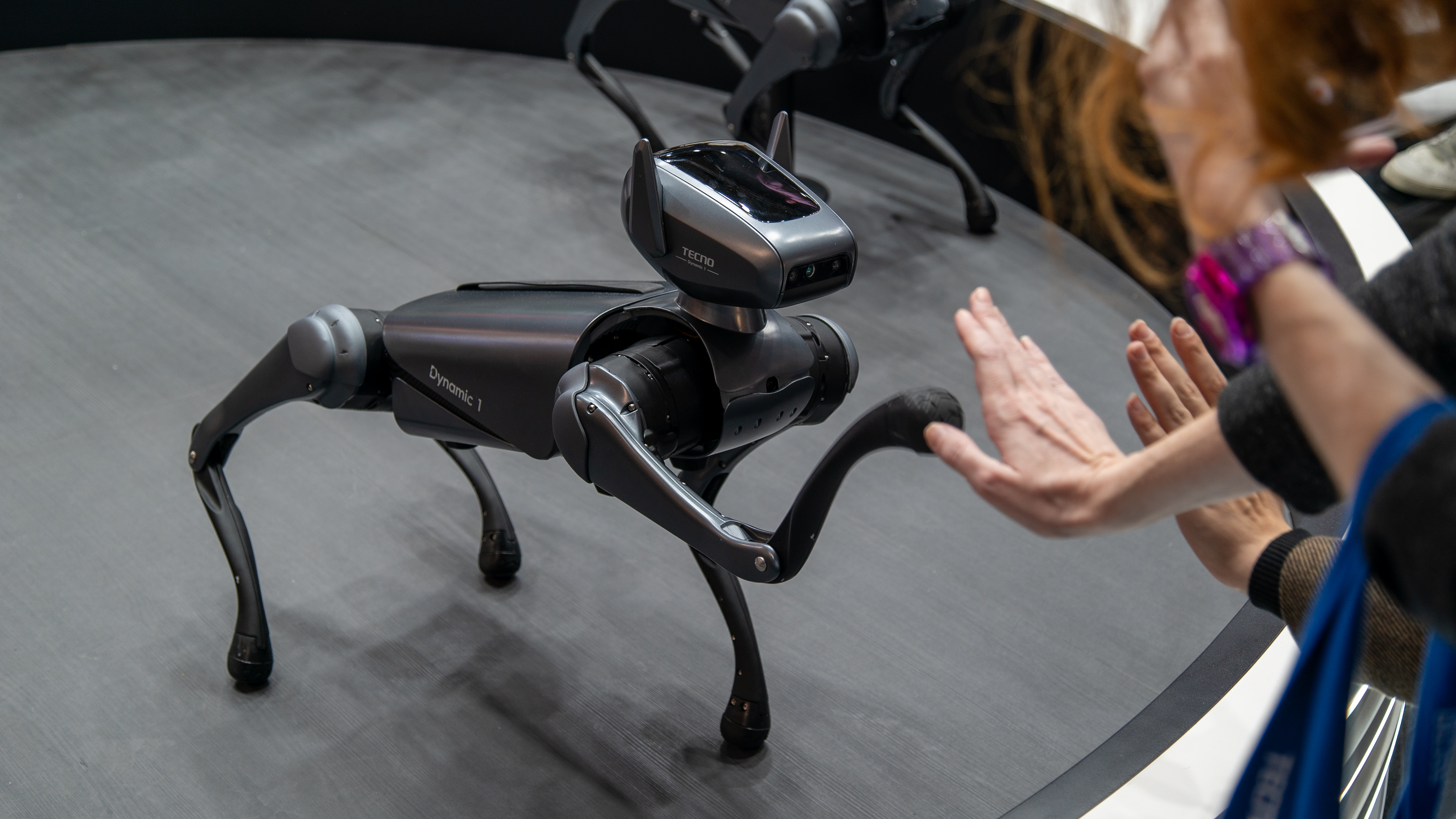
Let's face it: tech conferences are like the Oscars for gadget geeks. We get dazzled by impossibly thin phones, screens that wrap around your wrist like origami masterpieces, and transparent laptops that look ripped straight out of a sci-fi flick. But here's the thing: most futuristic concepts never see the light of day.

One of the web's longest-running tech columns, Android & Chill is your Saturday discussion of Android, Google, and all things tech.
Forget labeling everything with AI (Samsung even tried it with an SD card) for a minute, because you'll at least be able to buy those AI-powered average things with buzzword titles. We always see phones, laptops, and crazy wearables that will never be sold, even if someone really wants them to be.
Why do companies keep showing off these "concepts" if they have no intention of actually selling them? Buckle up because it's a mix of hype, testing the waters, and sometimes just showing off.
The hype machine is real. These concept phones generate a ton of buzz. News outlets go nuts, social media explodes, and suddenly, everyone's talking about Brand X's revolutionary new idea. It's free marketing, pure and simple. Even if a product never comes out, people might remember the brand, and that association with cutting-edge tech can be valuable.
Sometimes, these concept phones are like throwing spaghetti at the wall to see what sticks. Companies use them to gauge public interest in certain features. Remember phones with bendy screens that never happened? Those ideas turned into those curved edge displays we all hate but are also used in foldable phones. Crazy concepts can spark discussion and help companies identify what features consumers actually want and are a head-start when it comes to making them.

Finally, there's the ego factor. In the cutthroat world of tech, companies love flexing their muscles. Showing off a mind-blowing concept is a way of saying, "Look at what our amazing engineers can do!" It's a display of technical prowess, a way to one-up the competition.
So, what's the problem? Here's the thing: eventually, this strategy is going to backfire. When companies constantly dangle these impossible-to-acquire gadgets in front of us, it can leave us feeling frustrated and jaded. We get hyped for features that never materialize, and the phones that actually do hit the market can feel like a watered-down version of the original concept.
So, what should phone makers do instead?

Think about what we just saw at Mobile World Congress, specifically the two things every tech news website covered (including Android Central): a flexible, wearable, plastic phone from Motorola that can be worn as a bracelet and a laptop from Lenovo that has a transparent screen and a touch keyboard like the one on your phone.
You probably don't want a heavy phone acting like a bangle bracelet on your wrist. It's also going to get scratched, and as my colleague Michael Hicks points out, it's going to be a magnet for thieves who can statch it right off your wrist.
Likewise, a laptop with a transparent screen is a nightmare for anyone who uses a laptop. Everything behind the display will continue to glow, move, or otherwise be distracting plus everyone gets to see exactly what you're looking at and what you've typed. I won't even comment about the productivity of using a touchscreen keyboard.
There could be useful ideas that come from these concepts. Those are what Motorola and Lenovo should have shown us. Phone makers can (and will) do whatever they like, but I think there's a better way: focus on innovation that's actually achievable.
Continue to experiment in a far-off lab to see if things like slap-bracelet wearable phones can be made, but show us products that are closer to things we can buy. Refine existing technology instead of chasing pipe dreams.
If an idea is something a company feels it has to show the world, be transparent about which features are concepts and which ones are coming to a phone near you. And maybe, just maybe, surprise us with a genuinely groundbreaking phone that actually lives up to the hype.
At the end of the day, we, the consumers, deserve better. We deserve phones that are innovative, yes, but also practical and, dare I say, real. Let's hope the tech world takes note and gets off the hype train before it derails completely.







